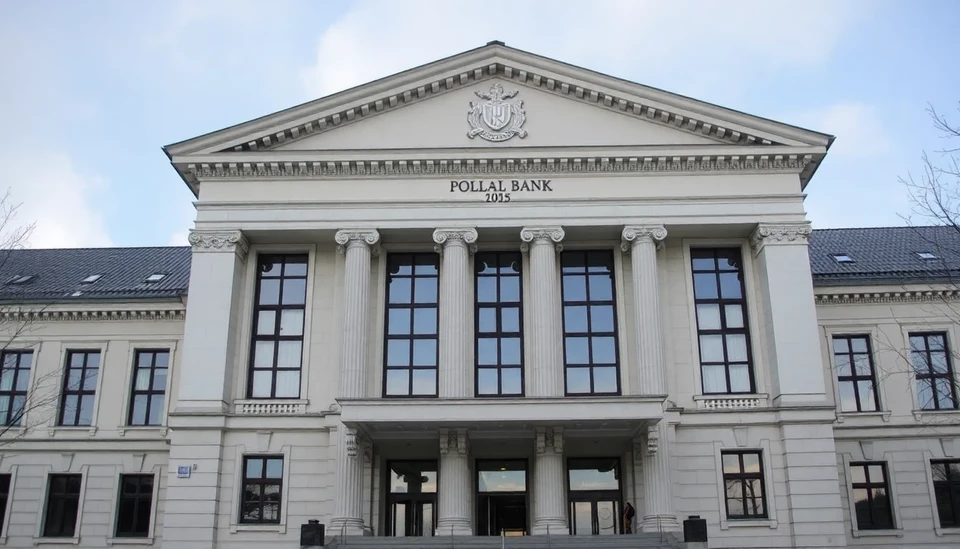
In a significant shift, coal-reliant Polish utility companies are witnessing a relaxation in lending practices from major banks. This development is pivotal as these utilities grapple with the dual challenges of maintaining profitability while adhering to growing environmental regulations and trends towards renewable energy adoption.
For years, Poland has been one of the largest coal producers in Europe, with a vast majority of its energy generation stemming from this fossil fuel. The nation’s heavy reliance on coal has sparked considerable debate within the European Union regarding climate change initiatives and emissions targets. As the EU pushes for a greener future, Polish utilities have found themselves at a crossroads, needing to overhaul their operations to secure future investments while appeasing both environmental advocates and financial institutions.
Recently, it has come to light that banks have begun to ease their lending attitudes towards coal-dependent businesses following a period of stringent measures that aimed to curb fossil fuel financing. Changes in market dynamics, driven by both the utilities’ willingness to transition towards cleaner energy sources and improved financial reporting, have encouraged banks to reconsider their stance. This marks a noteworthy departure from the previous hardline approach that had seen many lenders drastically limit their exposure to coal-based operations.
Industry analysts suggest that this easing is not merely a sign of leniency but also a recognition that many Polish utilities are making genuine strides toward sustainability. Several companies are actively investing in renewable energy projects to diversify their energy portfolios and reduce their carbon footprints. For instance, advancements in solar and wind technologies are being embraced, which could potentially reshape the landscape of energy generation in Poland.
Despite this newfound flexibility from banks, industry experts caution that coal-heavy utilities must continue to demonstrate their commitment to transitioning away from fossil fuels. The timeline for significant reductions in coal usage is tight, with EU regulations demanding more aggressive action in the upcoming years. While banks may currently show a willingness to lend, the longer-term trend is expected to favor those companies that prioritize sustainable practices.
The banking sector's shift comes at a crucial time. With energy prices fluctuating and competition from renewables intensifying, Polish utilities risk finding themselves at a disadvantage if they fail to adapt quickly enough. Corporate strategies centered around sustainability will likely become not only beneficial but essential for survival in this evolving market.
In conclusion, while the easing of lending policies by banks provides a temporary reprieve for Polish coal-dependent utilities, the path forward requires substantial transformation. The push towards eco-friendly alternatives represents both a challenge and an opportunity—one that will shape the future of energy in Poland and potentially serve as a model for other nations grappling with similar coal dependencies.
As the situation develops, stakeholders across the energy sector will be watching closely to see how these utilities adapt to the changing financial landscape and regulatory environment. The outcome of these transformations will have far-reaching implications not only for Poland’s energy sector but also for its commitments to global climate goals.
#Poland #Coal #Utilities #Banking #RenewableEnergy #Sustainability #ClimateChange #EnergyTransition #Finance #EU #CleanEnergy
Author: Megan Clarke




